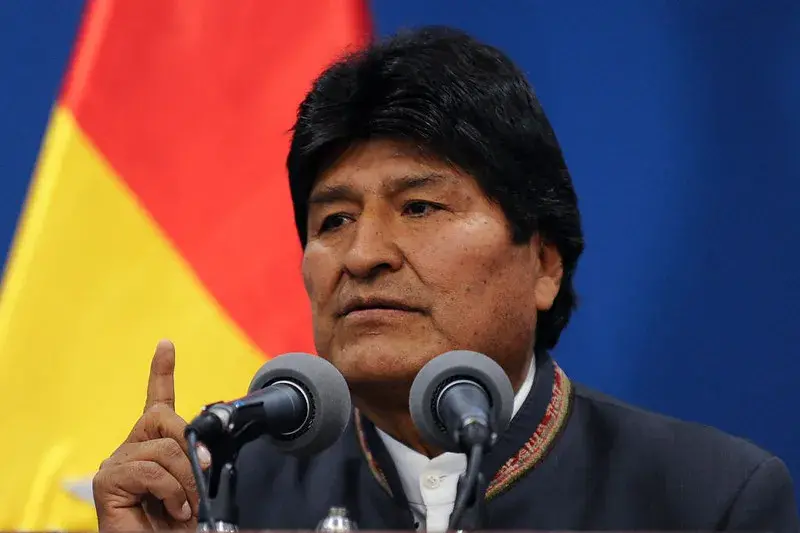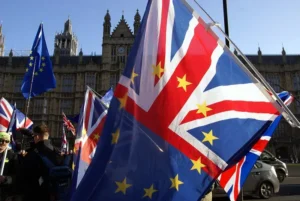Bolivia’s Plurinational Constitutional Court (PCC) has invalidated the possibility of unlimited reelections, effectively disqualifying former President Evo Morales from participating in the upcoming 2025 elections due to his three consecutive terms from 2006 to 2019.

The ruling explicitly dictates that presidents, vice presidents, deputies, senators, governors, and mayors elected since the adoption of the current constitution in 2009 cannot hold office for more than two terms, whether continuously or intermittently.
This decision, declaring indefinite reelection as “not a human right,” originates from an advisory opinion by the Inter-American Court of Human Rights (IACHR). It stands as an unchallengeable reversal of a prior 2017 ruling by the same Constitutional Court.
Critics of the former president, like former President Jeanine Áñez, welcomed the ruling as a conclusion to Evo Morales’ aspirations for perpetual reelection, expressing this sentiment on her social media. Similarly, Santa Cruz Governor Luis Fernando Camacho interpreted the decision as a safeguard against any aspiring authoritarian figure seeking to manipulate votes or disregard referendum outcomes to cling to power through deceitful means.
Both Áñez and Camacho are facing legal charges. Áñez was accused of “terrorism” for unilaterally proclaiming herself as Bolivia’s president after Morales’ resignation in 2019 amidst a significant social crisis and a revolt by police and military forces. Camacho, involved in the same crisis, faces multiple charges including “terrorism, financing terrorism, bribery, inciting crimes, criminal association, and misusing public duties and services.”
Former President Jorge Quiroga stressed on social media that “reelection is not an inherent human right,” directly addressing Morales and highlighting the discrepancy in his term count. Meanwhile, former President Carlos Mesa accused Morales and García Linera of violating the Constitution, international standards, laws, and the popular will by forcing their candidacy in 2019 with the complicity of the Constitutional Court.
In response to the Court’s ruling, Evo Morales decried the decision on his social media, labeling it a politically motivated move by the self-proclaimed PCC and indicating collusion between certain justices and the government’s “Black Plan,” orchestrated by external forces and a Bolivian right-wing conspiracy.
Moreover, Morales likened the current situation to the expulsion from Congress in 2002, claiming that neoliberal factions aim to suppress the MAS-IPSP (his political party) both politically and physically. He vowed to continue the struggle despite these challenges.
The Bolivian Constitution prohibits individuals from holding office for more than two consecutive terms. Despite a 2016 referendum where the “No” vote won with 51.30% against a modification that would have extended presidential terms, Morales contested the result. In 2017, the Constitutional Court allowed him to run again, citing violations of his supposed human rights.
Last September, Morales announced his intent to run in 2025, but a congress by his party, the MAS, was nullified by the electoral body in November due to insufficient representation of grassroots organizations, prompting allegations of a “self-expulsion” from the party.
Internal tensions within the ruling party between Arce and Morales surfaced in late 2021 due to the former president’s demands to replace certain ministers, which President Arce declined.







